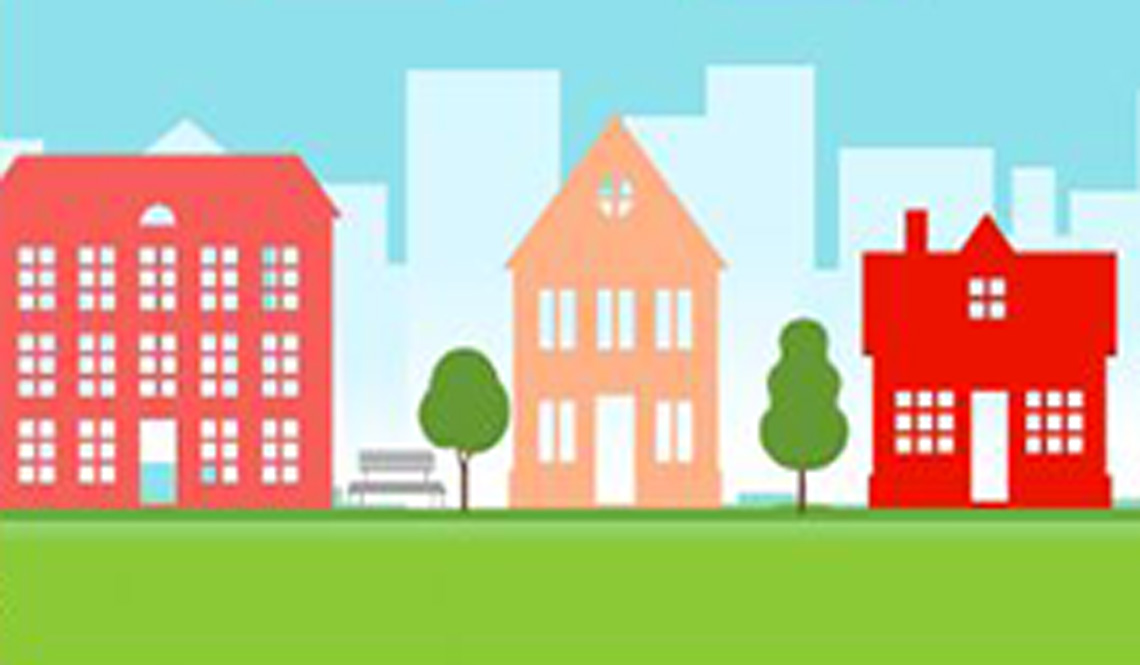AARP Hearing Center


The AARP Community Challenge provides small grants to fund quick-action projects that can help communities become more livable for people of all ages.
In 2024, the AARP Community Challenge accepted applications for three different grant opportunities, each described below in the "Grant Opportunities" section.
Please read this entire page — as well as the downloadable materials in the "Preparing the Application" section — to learn about the different grant opportunities and the application process.
IMPORTANT DATES
- January 10: Application window opened
- January 31: Q&A Webinar (Watch a recording)
- March 6: Application deadline 5 p.m. (ET) / 2 p.m. (PT)
- Mid-May: Applicants will be notified by email of their selection status
- June 12: Deadline for grantees to return their completed MOU (memorandum of understanding) and vendor forms
- June 26: Public announcement of the selected grantees — and work on the projects begin! Check out the 2024 AARP Community Challenge Grantees!
- December 15: All projects must be completed
- December 31: Deadline for after-action reports
Applicants and others with questions can look at the Frequently Asked Questions or email CommunityChallenge@AARP.org.
Grant Opportunities
In 2024, the AARP Community Challenge is accepting applications across three different grant opportunities. Each opportunity will receive a consistent approach to scoring (see the Scoring section below).
1. Flagship Grants
In AARP’s flagship Community Challenge grant program, grants have ranged from several hundred dollars for smaller, short-term activities to tens of thousands of dollars for larger projects. Since 2017, AARP has funded projects ranging from $500 to $50,000 with an average grant amount of $11,900 (83 percent of grants have been under $20,000). AARP also reserves the right to award compelling projects of any dollar amount. We are accepting applications for projects that benefit residents — especially those age 50 and older — in the following categories:
- Creating vibrant Public Places that improve open spaces, parks and access to other amenities;
- Delivering a range of Transportation and Mobility Options that increase connectivity, walkability, bikeability and access to public and private transit;
- Supporting a range of Housing options that increases the availability of accessible and affordable choices;
- Increasing Digital Connections by expanding high-speed internet and enhancing digital literacy skills of residents;
- Supporting Community Resilience through investments that improve disaster management, preparedness and mitigation for residents;
- Improving Community Health and Economic Empowerment to support residents’ financial well-being and improve health outcomes.
2. Capacity-Building Microgrants
Combining $2,500 grants with additional resources — such as webinars, cohort learning opportunities, up to two hours of one-on-one coaching with leading national organizations and AARP publications — this grant opportunity will accept applications for projects that benefit residents (especially those age 50 and older) in the following categories:
- NEW! Bike Audits: Implement bike audit assessments to enhance safety and bikeability in communities (especially for people age 50-plus), with support from the League of American Bicyclists and using the AARP Bike Audit Tool Kit.
- NEW! HomeFit® Modifications: Implement education, simple home modifications and/or easy home safety and accessibility solutions to make "lifelong homes" (especially for people age 50-plus), with support from the RL Mace Universal Design Institute and using the AARP HomeFit Guide.
- Walk Audits: Implement walk audit assessments to enhance safety and walkability in communities (especially for people age 50-plus), with support from America Walks and using the AARP Walk Audit Tool Kit.
3. Demonstration Grants
This grant opportunity supports projects that encourage the replication of promising efforts that benefit residents (especially those age 50 and older). While there is not a defined budget range for this category, similar projects have tended to fall between $10,000 and $20,000 and will not exceed $50,000. Applications will be accepted in the following categories:
- NEW! Enhancing digital connectivity to prepare and respond to disasters for residents (especially those age 50-plus), the importance of which is discussed in the AARP Disaster Resilience Tool Kit.
- NEW! Facilitating equitable engagement to reconnect communities that have been divided by infrastructure (with a focus on people age 50-plus), as highlighted in AARP's award-winning "Before the Highway," article series.
- Implementing housing choice design competitions that increase community understanding of the benefits of a variety of housing options including accessory dwelling units, Missing Middle Housing, tiny homes and other housing solutions (especially for people age 50-plus), and encourage implementation of policies that enable greater choice in housing.
See Attachment C for examples from previous AARP Community Challenge-funded projects.
Eligible organizations may apply for more than one grant opportunity and may submit multiple applications.
Eligibility
Each project must satisfy the guidelines as described in the GRANT OPPORTUNITIES section above and the following Organization Type, Mission Focus and Project Type criteria to be eligible:
1. Organization Type:
The program is open to the following types of organizations:
- 501(c)(3), 501(c)(4) and 501(c)(6) nonprofits (Nonprofit organizations must be recognized by the IRS to receive funds.)
- Government entities
- Other types of organizations considered on a case-by-case basis. (Funds will not be provided to any for-profit company, nor individuals. However, AARP does allow for IRS recognized 501(c)(3), 501(c)(4) and 501(c)(6) tax-exempt nonprofit organizations or government entities to serve as fiscal sponsors of grants.)
2. Mission Focus:
- AARP evaluates each project based on its consistency with the AARP mission to serve the needs of people 50-plus.
3. Project Type:
AARP Community Challenge grants may be used to support three project types. Project types described below will be prioritized over those that support ongoing programming or events.
- Permanent physical improvements in the community
- Temporary demonstrations that lead to long-term change
- New, innovative programming pilots or services





























































